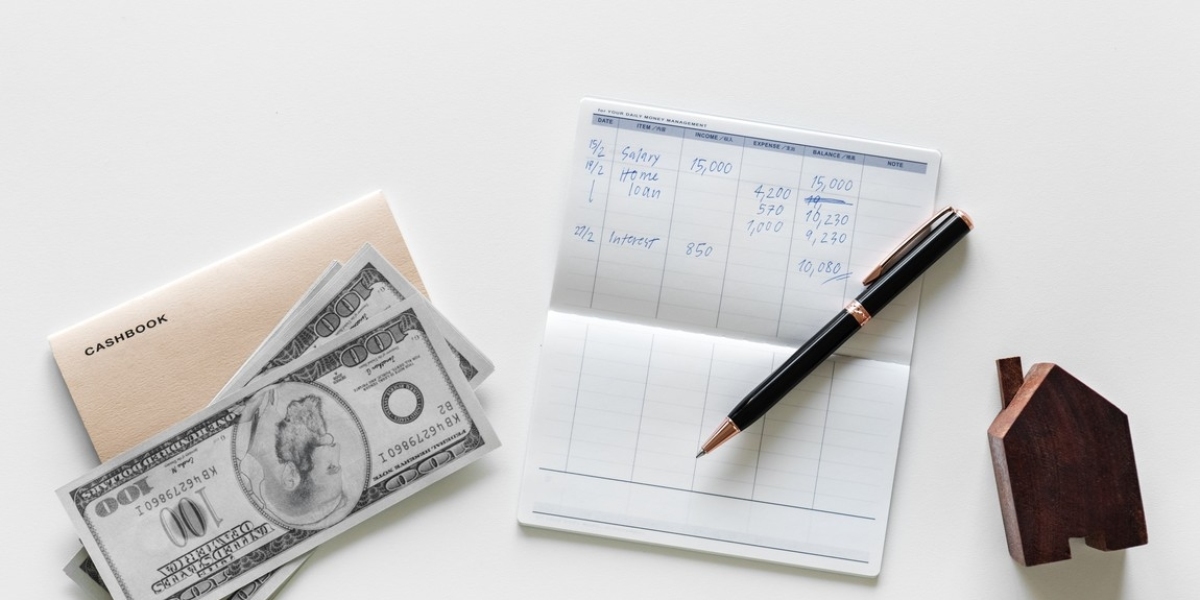Whether it's due to oversight or technical errors, the repercussions can range from temporary account holds to potential legal consequences. Here’s what happens if you deposit a check twice and how to handle it.
Understanding the Double Deposit
When you inadvertently deposit a check twice, it typically means submitting the same check to your bank or financial institution for payment more than once. This can occur due to various reasons such as forgetting you’ve already deposited it, technical glitches in mobile banking apps, or misunderstanding the banking process.
Immediate Consequences for You
Account Holds and Reversals: Upon detection of a duplicate deposit, your bank may place a hold on your account for the amount of the check. This is to prevent you from spending funds that may no longer be available once the duplication is rectified. In some cases, the bank may reverse the amount of the check from your account temporarily.
Potential Fees: Banks might levy fees for depositing a check twice, especially if it results in overdrafts or if the check bounces due to insufficient funds upon the second deposit attempt.
Impact on Transactions: Any transactions made against the temporarily inflated account balance could lead to further complications if those transactions are declined or reversed.
Ramifications for the Issuer of the Check
Insufficient Funds and Overdrafts: If the check issuer’s account does not have sufficient funds to cover both deposits, their account may incur overdraft fees or penalties. This situation can strain relationships, particularly if the issuer trusted the initial transaction to have gone through.
Potential Legal Consequences: In cases of intentional double deposits or where negligence can be proven, legal action may be pursued against the depositor for fraud or theft, depending on the severity and intent of the action.
Resolving the Issue
Communication: Promptly inform your bank of the error as soon as you become aware of the double deposit. Provide details such as the check number, amount, and date of deposit to expedite resolution.
Bank Procedures: Banks have procedures in place to investigate and rectify such errors. They may reach out to the issuer’s bank to verify the duplicate deposit and coordinate the return of funds.
Issuing a Replacement Check: If the initial check was mistakenly deposited twice, the issuer may need to issue a replacement check to cover any potential financial discrepancies caused by the error.
Preventive Measures
Document Deposits: Keep records of all checks deposited, including check numbers and amounts, to avoid inadvertently depositing the same check multiple times.
Utilize Mobile Banking Safely: Exercise caution when using mobile banking apps for deposits, ensuring that each deposit is processed and confirmed before discarding the physical check.
Review Statements Regularly: Regularly reviewing bank statements and transaction histories can help detect any discrepancies or errors promptly, allowing for quicker resolution.
Conclusion
Accidentally depositing a check twice can lead to financial and legal repercussions for both the depositor and the issuer. Prompt communication with your bank and the issuer, along with adherence to banking procedures, is crucial in resolving such errors swiftly and mitigating potential damages. By understanding the consequences and taking preventive measures, you can avoid the pitfalls associated with double depositing checks, ensuring a smoother banking experience for all parties involved.
In conclusion, the ramifications of depositing a check twice are not to be underestimated. By staying vigilant and informed, you can navigate these situations with minimal disruption and maintain the integrity of your financial transactions











